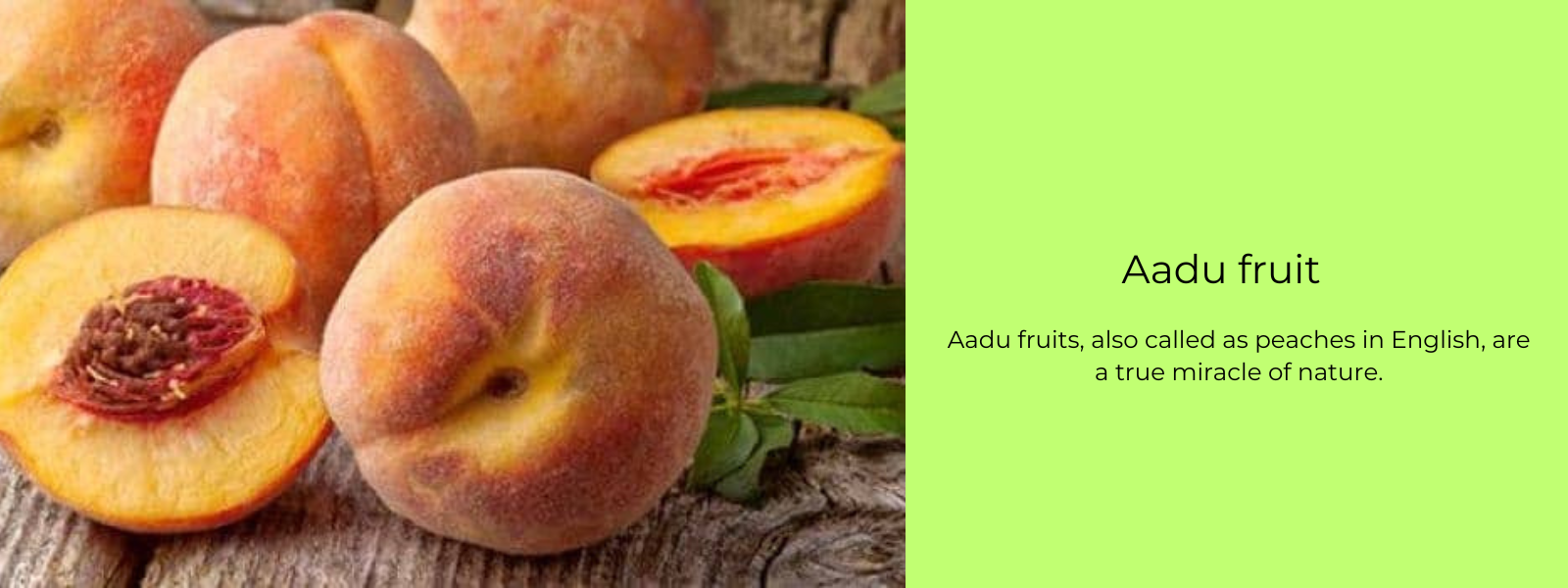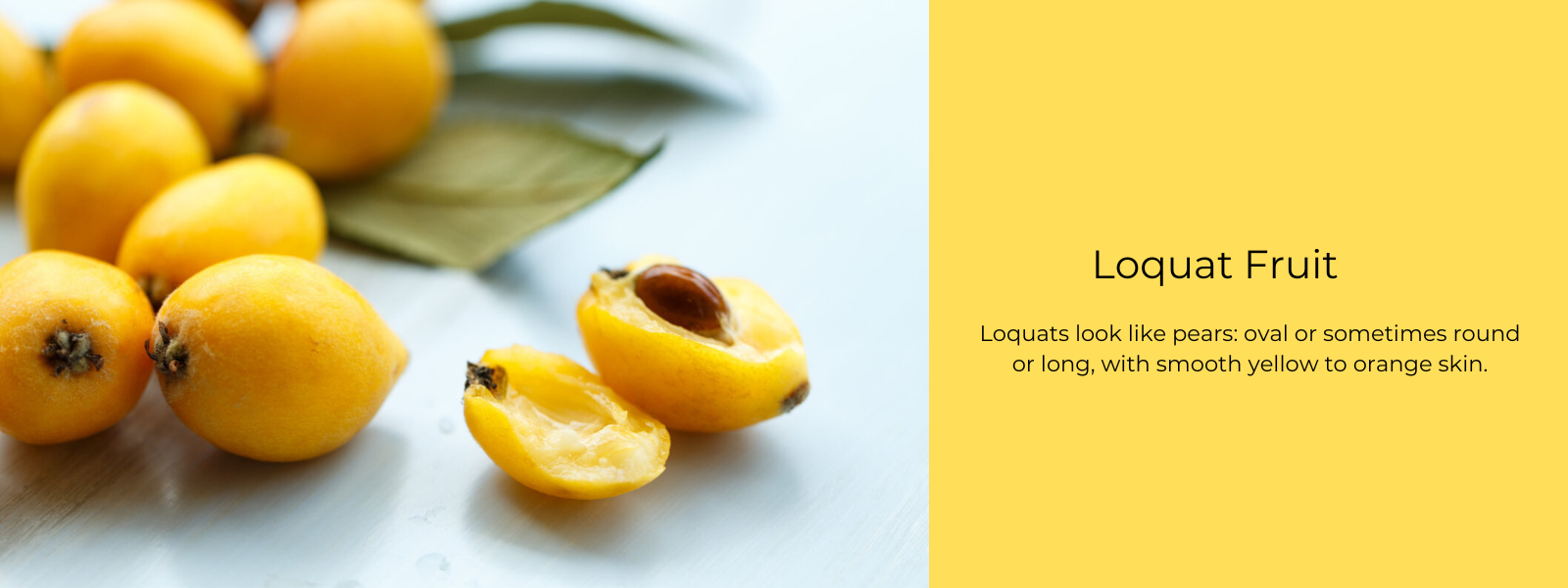Apricots or Jardalu are one of the healthiest fruits in the world. As they contain a lot of nutrients, they are good for your health in many ways. It is also called Armenian plums or Prunus armeniaca. Apricots are round, bright yellow-orange fruits with soft, velvety skins. They look like peaches but taste like plums. They are related to the Rosacea.
Apricots may be tiny, but they have a big taste and are full of good things for you. Depending on the type, these yellow-orange fruits can taste sweet or sweet-tart. They are full of vitamins and minerals. When apricots are ripe, their flesh is soft and a little juicy, and their skin is smooth and fuzzy.
Table of Contents
What is apricot fruit?
Apricots, which are also called Prunus Armeniaca, are soft fruits that are yellow or orange and look like plums and peaches. Apricots are good for your health in so many ways that you'll be amazed.
There are many different ways to enjoy it every day. Some like it raw or fresh, while others like it dried. Apricot is also used to make jams, jellies, and squash.
The middle of an apricot is a large pit that you can't eat. So, be careful when you take a big bite out of this fruit.
Origin of apricot fruit:
Apricot fruit was first grown around 4,000 years ago in China, where it was first discovered. Locals, traders, and travellers all liked this tasty stone fruit a lot, so it's not surprising that it started its journey west along the Silk Road. Apricots started growing in Central Asia and the Middle East over time.
About 2,000 years ago, apricots made their way to the Mediterranean, where they did well in the warm, sunny weather. Turkey and Iran grow the most apricots in the world right now.
There are many kinds of apricots to choose from. Blenheim are Tilton are the most popular.
Nutritional profile of apricot fruit:
Apricots are among the healthiest fruits and have a lot of good things for you. A serving of fresh apricots (100 grammes) has less than 50 calories and provides 12% of your daily vitamin C, A, and potassium needs. It is full of powerful antioxidants like beta-carotene, lutein, and zeaxanthin, which get rid of free radicals in the cells, fight oxidative stress, and lower the risk of developing chronic diseases. You should eat apricots whole, with the skin, because the skin has a lot of fibre and other important nutrients. However, you should throw away the stone, which is not edible. In addition, it has a lot of minerals that are good for your health, like magnesium, phosphorus, zinc, iron, and calcium.
Health benefits of apricot fruit:
Supports heart health
Whether they are fresh or dried, apricots have soluble fibre, which helps move stool through the digestive tract by attracting water to it. LDL cholesterol (the "bad" cholesterol) can go down by 11 points or more if you eat 5 to 10 grams of soluble fibre every day. 6
Also, the potassium in apricots makes blood pressure go down. Along with the many anti-inflammatory polyphenols in apricots, these two things are good for your heart.
Helps control blood sugar
Most of the time, dried apricots are eaten with nuts, like in trail mixes. Due to their natural fat content, nuts slow the rate at which the stomach empties and the rate at which glucose gets into the bloodstream.
When nuts are eaten with dried fruits, like apricots, that have a low to medium glycemic index, the fluctuation of blood sugar is more even.
People who want to keep their blood sugar level from going up and down can eat dried apricots and nuts together for a healthy snack.
Keeps eyesight safe
Beta-carotene gives apricots and other orange fruits and vegetables their rich colour, like carrots, pumpkin, and mango. Beta-carotene is a type of vitamin A that may help keep age-related macular degeneration from happening.
Age-related macular degeneration is a disease that can cause vision loss over time. If you regularly eat fruits and vegetables high in beta-carotene, it may help protect you from the disease.
Ways to eat apricot fruit:
- Just wash and enjoy!
- A tiny quantity of butter and cinnamon are used to warm up sliced apricots in a pan. Add something extra by topping with chopped walnuts.
- Sliced apricots as well as orange juice are mixed together, then frozen in ice trays. A tasty way to cool off on a hot day, or any day. It will be fun for your kids.
- Make your morning brighter with a parfait of apricots and all your favourite fruits.
- You can make a quick and easy salad with a hint of sweetness by mixing fresh or dried apricots with any of your favourite fruits or vegetables.
- You can make your own trail mix by mixing almonds, peanuts, pecans, and walnuts with dried apricots.
Try making apricot preserves on your own. Great on your usual peanut butter dish or as a spread for breads.
You can add either fresh or dried apricots to brown rice, onions, and other foods.
Mix apricots with a little milk until the mixture is smooth. Add toppings to oatmeal, whole wheat waffles, or French toast and enjoy.











Leave a comment